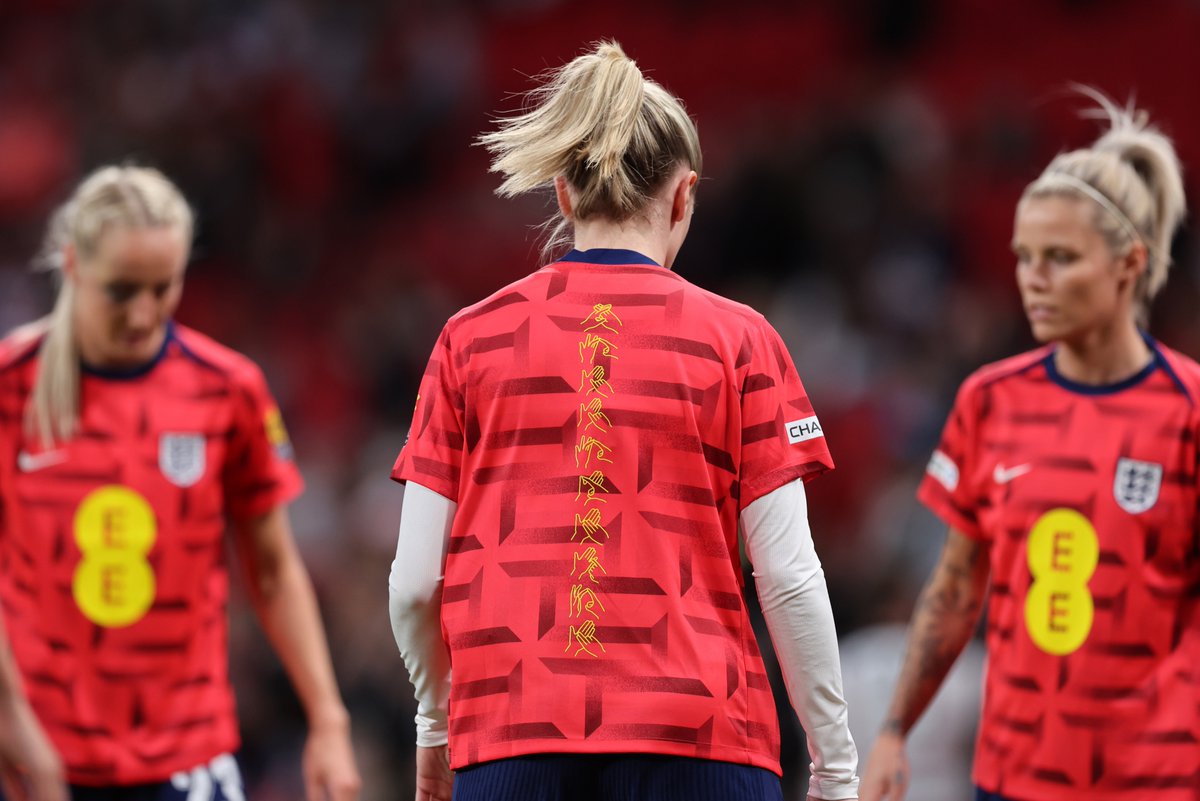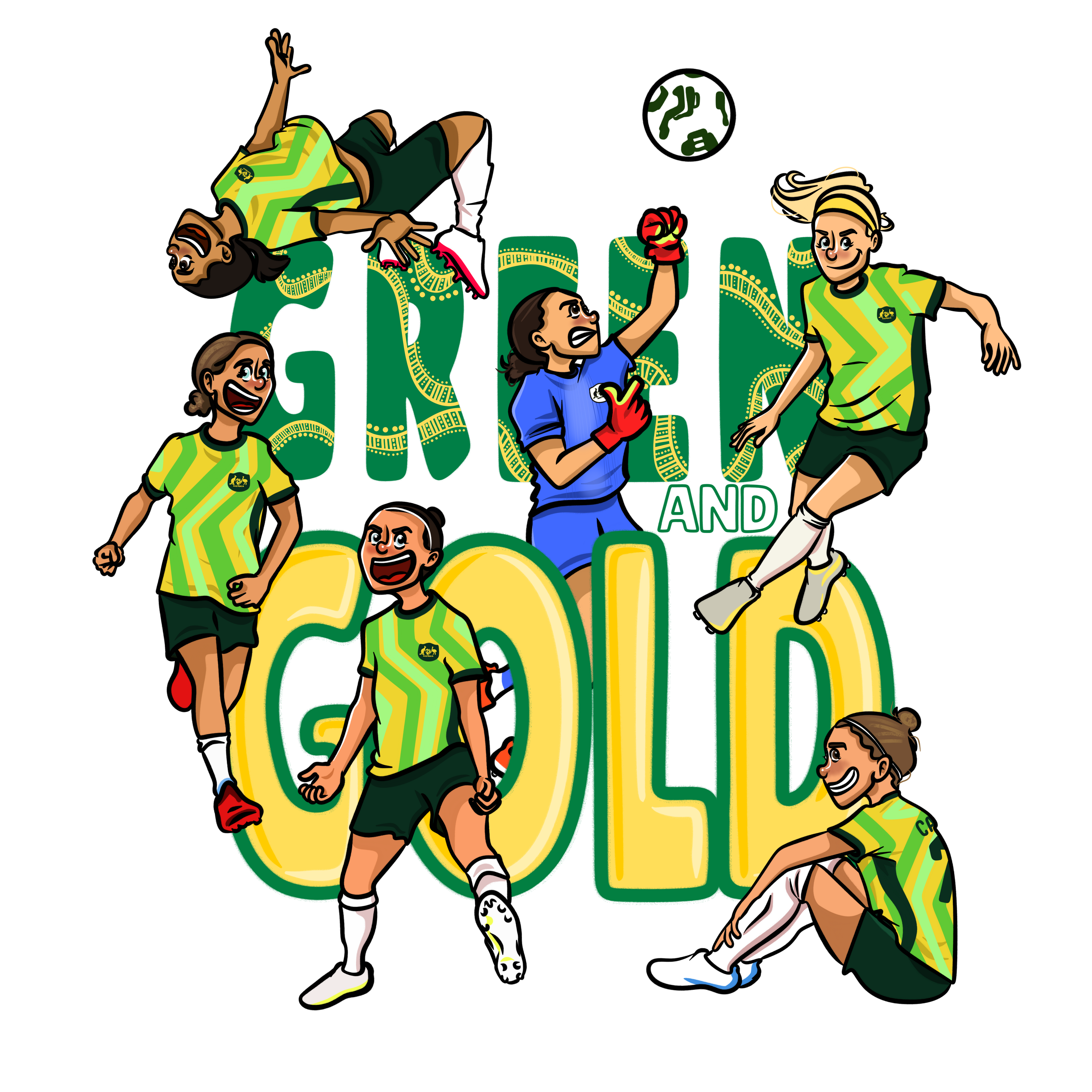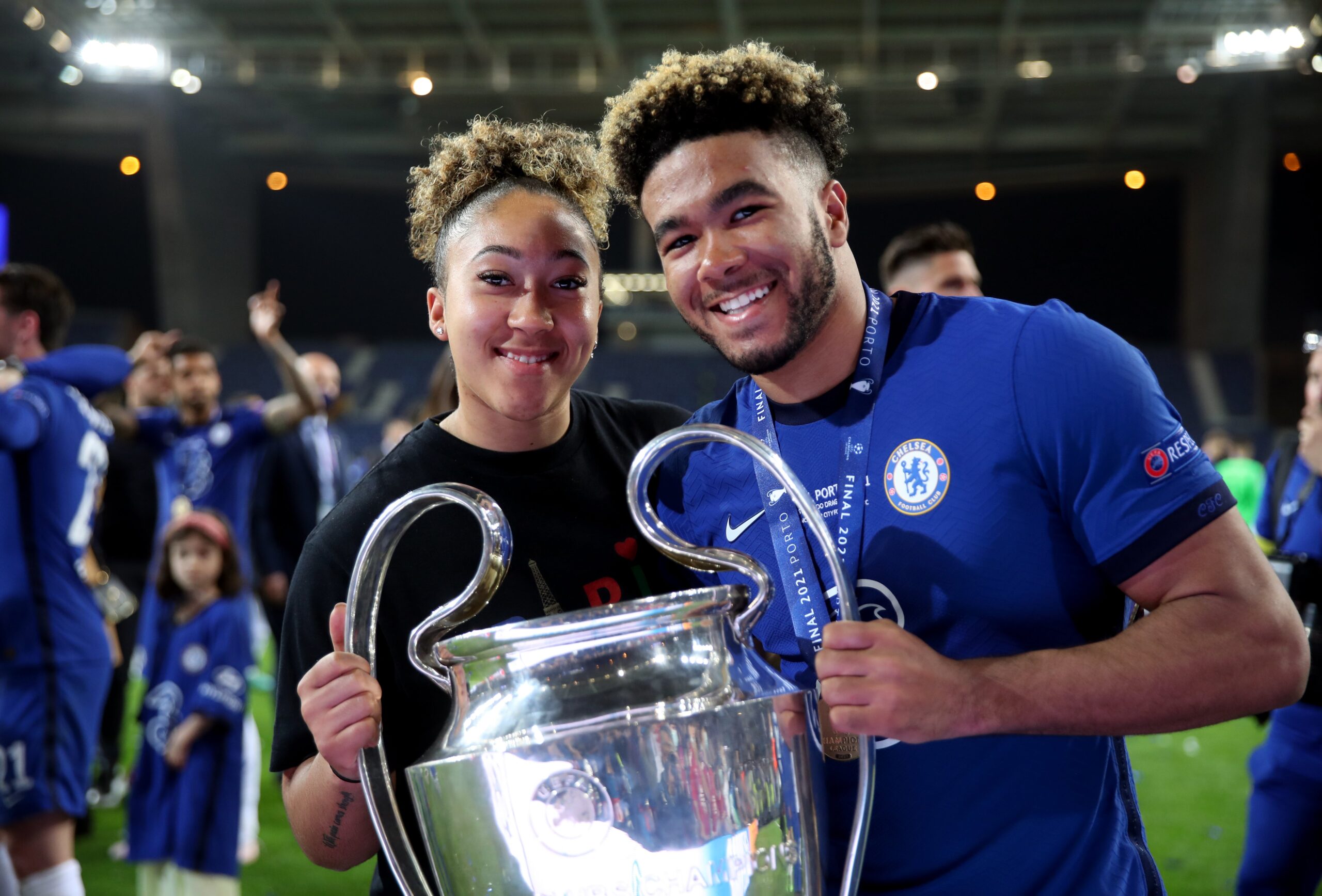As a women’s football fan who just happens to be blind, I’ve longed for disability representation on the field. Whether that’s opportunities to play blind football, to see disability related football talked about more in the mainstream media, players opening up about mental health/disability, or to have a glimpse of disability in the wider game, there’s so much ground to cover. I want myself and my community to feel represented in something we love. I know I’m not alone in that.
Recently, there have been moments of much-needed representation. For disabled fans like me, it was exactly what we needed. Long may it continue.
These encounters have instantly put a smile on my face. They have made me feel seen. They have made me feel heard.
Even though we have a long way to go, we’re making progress.
It gives me a great sense of pride knowing that the players I look up to are opening up those conversations. They’re helping to change perceptions in their own way. For that, I’m forever grateful.
Then, when I stumble across the comments on social media, I’m reminded that not everyone sees it the way I, or the players do (pun intended there).
When Lotte Wubben-Moy dedicated a goal celebration to a deaf fan within the Lionesses match against Italy, I only found out about the celebration on social media due to all the hype. The celebration was something I couldn’t see. Oh how I’d loved to have witnessed that moment. I was beaming.
That joy soon evaporated when I started to read comments referring to Lotte as a “hero”. To some, maybe she is. Let’s pause for a second. She might be a hero, but is she really a hero for that goal celebration?
She’s helped to put disability on the map. She’s created a special, memorable moment for a fan.
Lotte helped to raise the bar. She deserves a ton of credit for that. Not pity or inspiration seeking, the credit for doing something special.
Then, in a bid to celebrate British Sign Language (BSL), the Lionesses wore training tops during their warm up for the match against Sweden for the European qualifier in April. Each of the tops spelling out their names in the BSL fingerspelling alphabet.
It was a powerful way of celebrating British Sign Language, as well as serving as a visual reminder of how football can be made more accessible.
The Lionesses were dubbed as “inspirational” for taking on this gesture. The aim of the main messaging has become lost in translation.
It was a powerful reminder that football is for everyone. We need to join the players in uniting to ensure that everyone has the chance to support their favorite team.
That’s not inspirational, that’s putting accessibility at the heart of something we love.
Whenever I see disability taking the spotlight in the beautiful game, it gives me a warm, fuzzy feeling inside. When I was a little girl, women’s football being on our screens was what I longed for. And when you added disability into the mix, it was something I could only ever hope for. It felt like a pipe dream.
Yet, those dreams are being made a reality. The flipside is that I feel they’re being tarnished for harmful attitudes when it comes to disability.
The next time we see disability taking to the pitch, stop for a moment and ask yourself: is what I’ve just witnessed inspirational, or is it helping to grow accessibility and inclusion in football? I can almost guarantee it’ll be the latter.
It’s 2024, and yet disability is still often automatically portrayed as inspirational or a pity party. There are of course inspirational disabled people that deserve to be celebrated. I’d never want to gloss over that.
The fact is, not everything is this way when it comes to disability. There are a myriad of reasons why we need to see disability representation on the pitch, inspiration being far from the main goal scorer. Let’s raise the bar for all the women and girls who long to have that representation and want football to be accessible for everyone.
Remember, that disability representation serves a purpose that goes deeper than society’s assumptions. Together, we make it the norm.
Photo – https://x.com/AttackingThird/status/1776329245716787299



